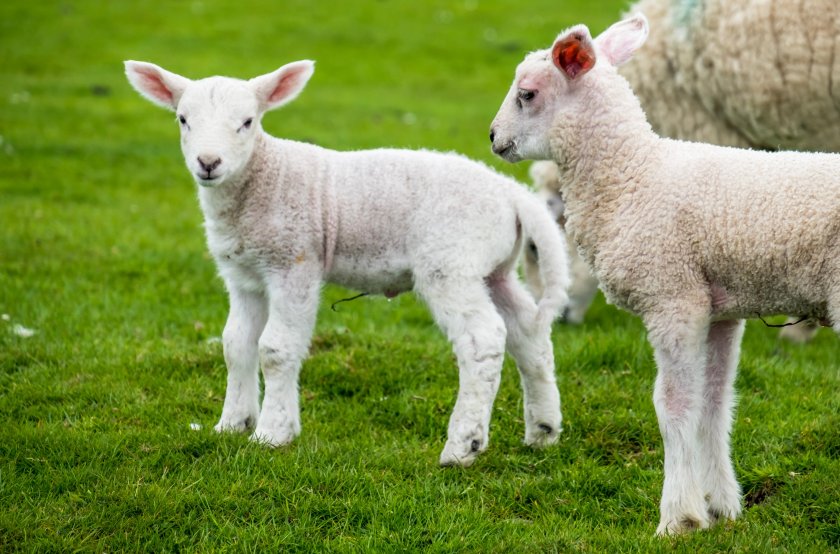Bluetongue could spread across UK as year progresses, sheep sector warns

The sheep sector has warned that bluetongue virus could spread across the UK as the year progresses, despite the government relaxing rules from this week.
Temporary control zones (TCZs) were set up in November 2023 following the UK's first case of bluetongue virus since 2007.
Established in Kent and Norfolk, they were designed to limit the movement of livestock to control the spread of bluetongue, which causes infertility and breathing problems in sheep, cattle and goats.
Since November, there have been 112 bluetongue cases in England on 64 farm premises in three counties - Kent, Norfolk and Suffolk. There is currently no vaccine to fight the virus.
However, despite this, Defra has frequently said there is no evidence that bluetongue virus is currently circulating in midges in Britain, which transmit the virus.
From Monday (19 February), the government lifted the TCZs in Kent and Norfolk due to a current reduced level of midge activity.
Certain restrictions do remain to reduce the risk of the spread of the bluetongue-3 (BTV-3) strain, which is the new strain of bluetongue currently being found in northern Europe and UK.
While the National Sheep Association (NSA) welcomed the lifting of the rules, it called for farmers to remain vigilant as the virus could spread.
NSA chief executive, Phil Stocker said: "Although this update is positive news, the NSA is keen to encourage farmers across the country to remain vigilant and aware of the risk of bluetongue, especially as the weather warms up into spring.
“Although the current outbreak has been isolated to parts of Kent and Norfolk, it is perfectly possible that the disease could be far reaching across the UK as the year progresses.
"NSA encourages farmers across the country to access the Ruminant Health and Welfare Group and AHDB websites where a suite of useful resources and webinars on this subject can be found.
"NSA is actively involved in both groups and continues to work with industry to ensure the sheep sector is well informed and prepared coming into spring."
As from Monday, any farm in a former TCZ that is as yet untested will be placed under an individual holding restriction requiring a vet attestation that any animal being moved is not pregnant, or entire in the case of males.
These animals will require negative BTV-3 tests prior to being moved. Castrated males and non pregnant females will be free to move to live and to slaughter.
Farmers can call the dedicated bluetongue hotline to get advice or ask questions linked to the current situation – on 024 7771 0386.
In the UK, bluetongue is a notifiable disease, meaning anyone suspecting the disease must take action and report it to the Animal and Plant Health Agency (APHA).








